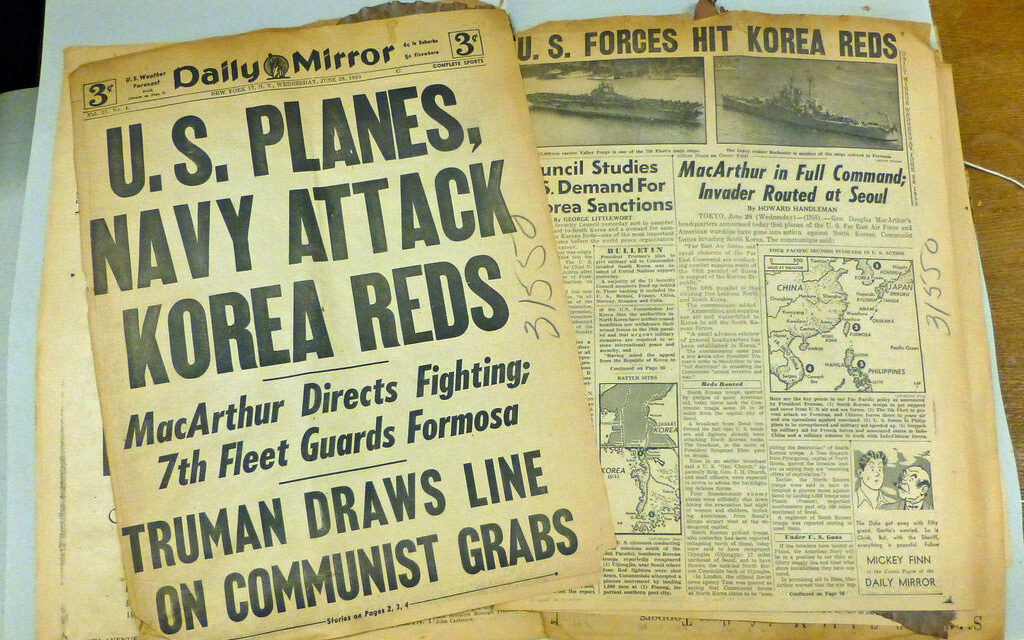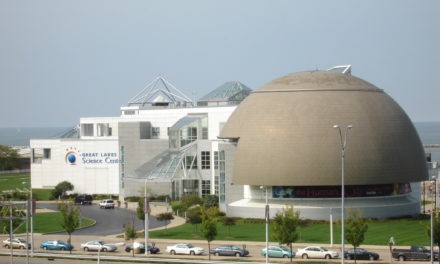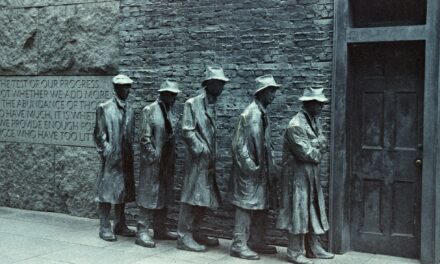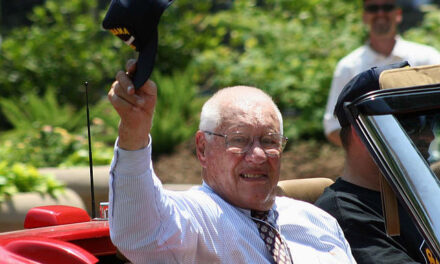CLEVELAND HISTORY
World Series of Rock Debuts at Cleveland Municipal Stadium (June 23, 1974): The inaugural World Series of Rock concert took place at Cleveland Municipal Stadium, featuring performances by The Beach Boys, Lynyrd Skynyrd, Joe Walsh, and REO Speedwagon. Organized by Belkin Productions, this event marked the beginning of a series of large-scale rock concerts that solidified Cleveland’s reputation as a major hub for rock music.
Cleveland Convention Center Labor Dispute Begins (June 24, 1963): The United Freedom Movement initiated a labor dispute against discriminatory practices by local trade unions during the construction of the Cleveland Convention Center. The protest led to significant negotiations and agreements aimed at increasing African American representation in skilled trades within the city.
Cleveland Cavaliers Draft LeBron James (June 26, 2003): The Cleveland Cavaliers selected LeBron James as the first overall pick in the NBA Draft. Hailing from nearby Akron, Ohio, James was heralded as a generational talent and would go on to have a transformative impact on the franchise and the city’s sports culture.
Great Lakes Exposition Opens in Cleveland (June 27, 1936): The Great Lakes Exposition commenced along Cleveland’s lakefront, celebrating the city’s centennial and showcasing industrial advancements, cultural exhibits, and entertainment. Spanning two seasons, the exposition attracted millions of visitors and highlighted Cleveland’s significance in the Great Lakes region.
Cleveland History Days Celebration (June 23–29, 2025): Cleveland History Days is an annual event celebrating the city’s rich heritage through tours, lectures, and cultural activities. In 2025, the festivities included walking tours of historic neighborhoods, museum exhibitions, and commemorations of significant local events, fostering community engagement with Cleveland’s diverse history.
WORLD HISTORY
Battle of Bannockburn Begins (June 23, 1314): Scottish forces led by Robert the Bruce engaged the English army near Stirling, initiating the Battle of Bannockburn. This pivotal conflict resulted in a decisive Scottish victory, solidifying Scotland’s independence and Robert the Bruce’s reign as king.
Napoleon Invades Russia (June 24, 1812): Emperor Napoleon Bonaparte commenced his ill-fated invasion of Russia with a massive army of over 600,000 troops. The campaign ultimately failed due to logistical challenges and harsh winter conditions, marking a turning point in the Napoleonic Wars.
Korean War Begins (June 25, 1950): North Korean forces crossed the 38th parallel, launching a full-scale invasion of South Korea. This act of aggression prompted the United Nations to intervene, leading to a three-year conflict that significantly impacted Cold War dynamics.
United Nations Charter Signed (June 26, 1945): Delegates from 50 nations convened in San Francisco to sign the United Nations Charter, establishing the international organization aimed at promoting peace, security, and cooperation among countries worldwide.
Assassination of Archduke Franz Ferdinand (June 28, 1914): Archduke Franz Ferdinand of Austria and his wife, Sophie, were assassinated in Sarajevo by Gavrilo Princip. This event triggered a chain reaction of alliances and declarations of war, leading to the outbreak of World War I.







